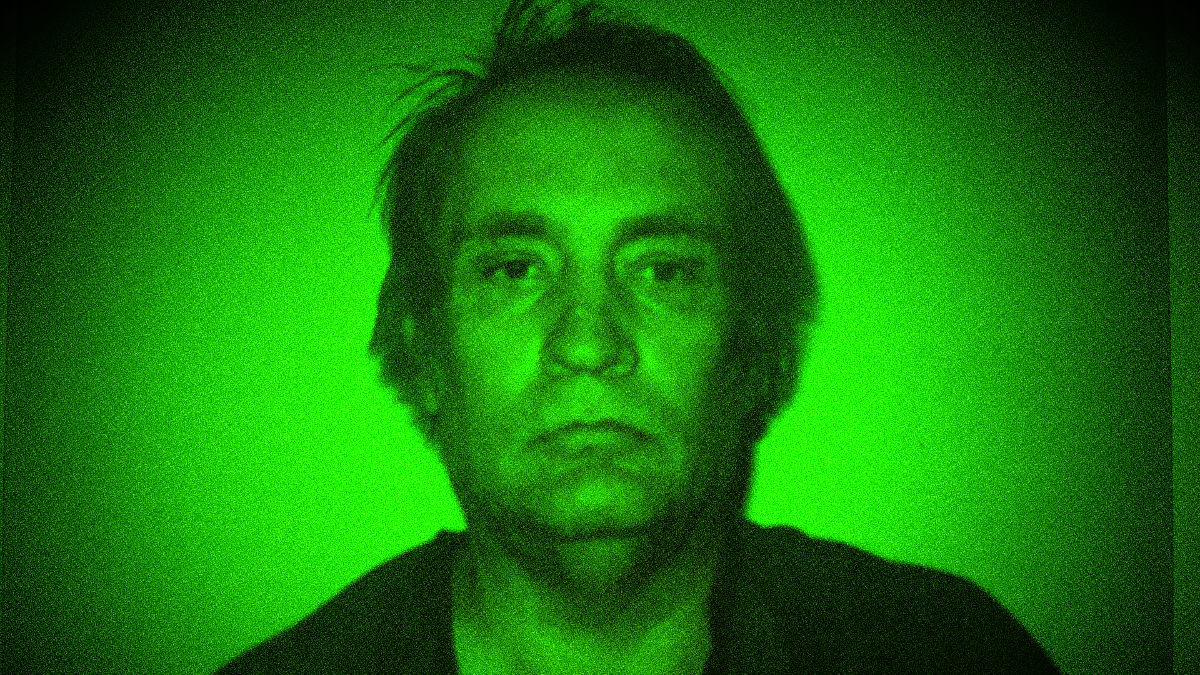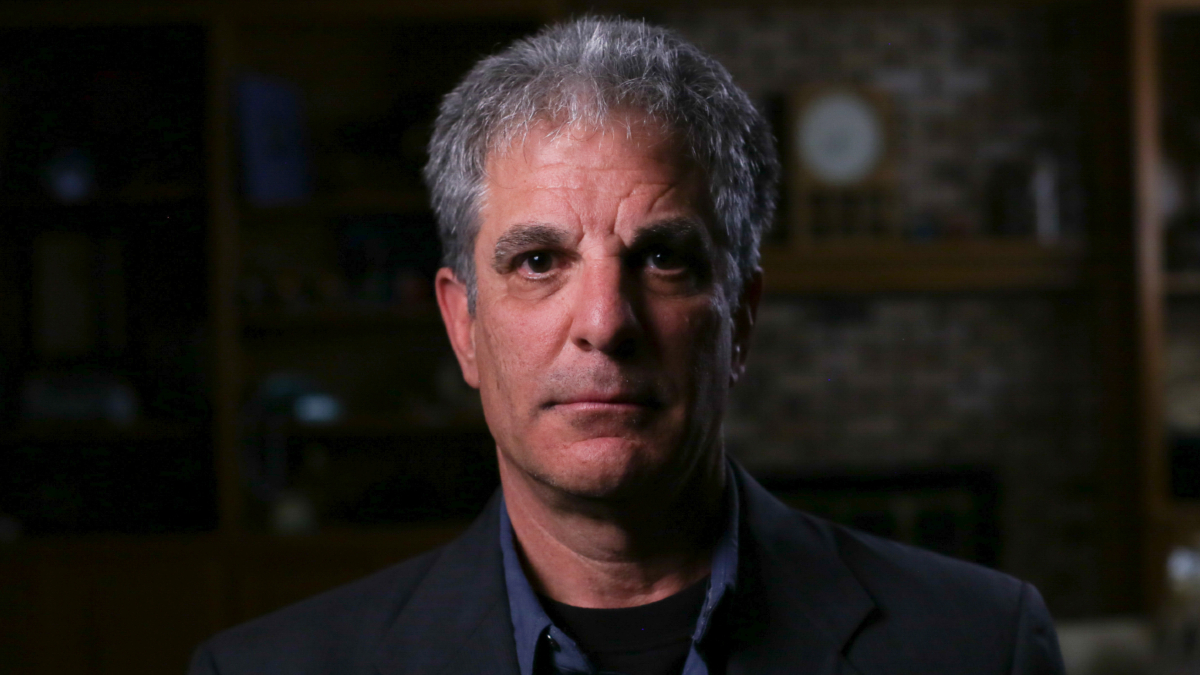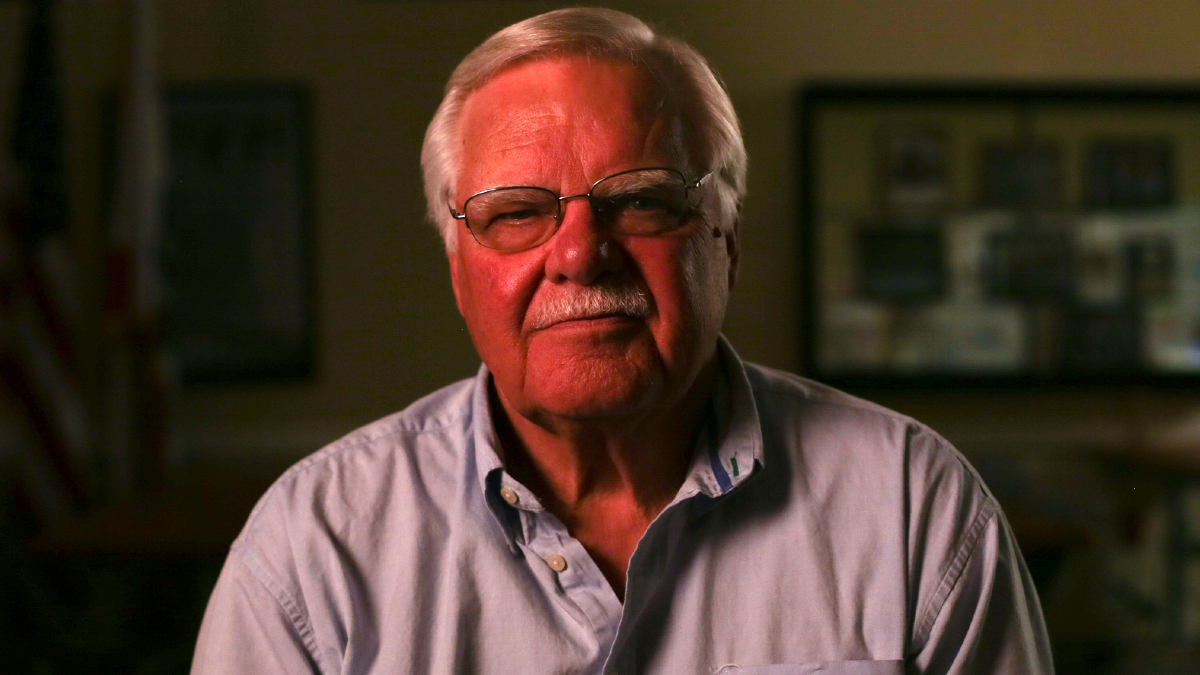ID’s ‘The Serial Killer Among Us’: Exclusive Interview With Two Experts on Phillip Jablonski Case

Serial Killer week begins on Investigation Discovery, featuring one of America’s worst on Thursday (September 3), Phillip Jablonski, who died last year on death row in San Quentin prison.
The Serial Killer Among Us: Phillip Jablonski is as much a true crime infotainment special as it is a damning look at how we collectively make ourselves available to the predators of the world intent on chaotic mayhem and to serve their own sick desires. The two-hour special featuring Jablonski should serve as a cautionary tale.
But in this age of oversaturation and self-promotion via dating sites, social media apps like TikTok, Instagram and Twitter, good luck with that.
Parents should absolutely watch this Investigation Discovery special and understand that it falls upon them to teach their children how to protect themselves and not make themselves enticing as human fodder for the opportunistic killers of the world.
And ID reminds us they are out there.
The Serial Killer background
TV Shows Ace exclusively spoke to two of the investigators, investigative journalist and author Barry Bortnick and Eric Haseleu (Retired Burlingame PD) who put the pieces together to realize they were dealing with a depraved serial killer.
Investigation Discovery’s look at this killer, Phillip Jablonski, a man who only committed crimes against women, is a chilling recounting of his violent crimes.
The special focuses on the brutalization and murders of Fathyma Vann, Carol Spadoni and Eva Peterson. These women not only are killed, but they were raped, mutilated and tortured all within days of each other across California in the spring of 1991.
After a recently released convicted killer, Jablonski, is linked to all three women, a prime suspect emerges for these random killings. Digging into Jablonski’s background, they learn that he will likely strike again. With no way of locating him, a nationwide search began hoping to bring him in before he claimed another victim.
When Jablonski was finally apprehended, investigators found a recorded audio diary that served as a post-mortem “trophy” for him to relive the killing of all of his victims. The contents are played on this special and they are hair-raising.
At that time, Jablonski’s case caught the attention of a news reporter, Barry Bortnick, who worked for the news in Santa Barbara. Bortnick is a featured interview in this ID special and was able to listen to the tapes and transcribe the killer’s thoughts.
He also penned a book about Phillip Jablonski, his first back in 1997. He recently wrote a detailed accounting of the Polly Klaas murder that happened in Petaluma, California.
For those who wish to deep-dive into the minutiae of his depravity and background, the full court case and trial notes can be found here.
The records reveal that witnesses testified that Jablonski was predictably the victim of a brutal childhood at the hands of a drunken and sadistic father. Years later a teenage Jablonski allegedly tried to rape his own sister. What we do know is that every adult relationship Jablonski undertook was one of recorded abuse and likely ended in death.
In the court notes, there is also conflicting testimony from medical doctors about Jablonski’s mental state. But one thing is certain, the police, especially retired Burlingame detective Eric Haseleu who TV Shows Ace also spoke with exclusively, said he was just the “evilest man” ever encountered.
The exclusive interviews
TV Shows Ace spoke to both men ahead of the Thursday night episode of Serial Killer Week on Investigation Discovery.
Barry Bortnick is an author, producer and journalist who had access to Jablonski’s tape recordings. He has spent nearly 30 years as a reporter, investigative journalist, and as a national news field producer and documentary filmmaker.
He is the author of two true crime books and the producer of two nationally acclaimed documentaries.

How did you as a journalist delve into true crime and springboard into producing and then being a book author, how did true crime draw you in?
Barry Bortnick: It was always an interest for me. It probably started with my father who would always go over the news every day at the dinner table. He grew up in the thirties and he was born in 1923. During that era, he was familiar with all of the other gangsters and that sort of thing.
Al Capone, John Dillinger, the Lindbergh kidnapping… he kind of was like a thing that we always would talk about. I had a pretty, even as a young kid, I think I had familiarity with notorious crimes that happened. It just was something I found interesting.
When I started as a reporter, it was one of the first things I really get into, being the crime reporter. And it just was something that I liked, the real hard stuff, I guess, the action. That sort of thing.
How did you, how did you come into possession of the Jablonski tape recording? How did they come to you?
Barry Bortnick: I recall and forgive me, this is like 25 years ago. So, I went up to the area and started talking to the investigators. I can’t remember the lead police officer, but I interviewed him and the publisher of my book wanted the tapes, one of the hooks for the people producing the book. The police would not give me the tapes at that time, but the officer did play them for me. I took notes on them and, I just remember it was pretty crazy. I think I maybe I even took them, I can’t recall now, but the police basically let me listen to them.
What news outlet were you with at that time?
Barry Bortnick: Santa Barbara News-Press. I worked there for 10 years. I worked for them from 1989 to 1999.
One of the things that struck me as I watched this particular documentary was the willingness of people to flirt with these very dangerous people. What are your thoughts on the Jablonski case, the women that actually allowed him in their lives as pen pals, etc.
Barry Bortnick: He always would pick out pretty vulnerable people, women that did not have a lot of experience in life. You read about how predators are… this is not a shocking thing, but predators in the animal world will generally focus on a weaker targets, it is easier. Certainly any strong woman would have not put up with this.
I don’t want to put these women down, but they were not sophisticated people. We have to remember we are going back a long time. Right? Most of the people he picked on or attacked were very weak, vulnerable people. Some of them had no experience with men all. He seemed to know how to pick on the weak ones.
In the situation of his [Carol Spadoni] wife that he killed, this was a woman who clearly had medical problems. She had anorexia, she lived with her mother. They lived like hermits. We’re not talking about well people.
And some of the other people who contacted him [by pen pal letters], maybe they may have had better intentions, certainly some wanted to try to get him to see the light via religion. They began writing him with good intentions. I can’t explain why anybody would go down that road or why anybody would want to meet someone like that. The most cursory review of them should give everybody massive warning signs. But if people do odd things and I think it just comes down to thee people lacking experience and maybe being weak or just a little bit needy.
The actual court proceedings and the court documents for the Jablonski trial revealed the doctors were at loggerheads about his psychiatric evaluation. One would convince you he was schizophrenic. You’re not a psychiatrist yet we know mental illness runs in families and his father was truly sadistic. Do you think that Jablonski was a nurture more than nature situation that made him the monster he was?
Barry Bortnick: Like you said, I know that’s not my area of expertise. I don’t even think the experts agree on one way or the other on that. But certainly if you are raised in a horrible family, like he was, I got to believe that’s going to have a major effect.
Let’s say someone is raised in a decent family with proper guidance, would he be like this? I would probably say no, but it’s like, I don’t know. Look at Ted Bundy and who he was he, I don’t think there’s enough information about his, what happened to him. And obviously he was a horrible person. In this case, if the story about [Jablonski’s] dad are all that are true, and you had this pretty rough upbringing.
But at the same time, maybe there are other people who just are naturally not right. There’s something wrong, whatever it is. You put that bad seed in a bad soil, so to speak, it’s not going to go the right way.
So it’s probably a combo both and reading through the court files, the psychologists, they went both ways. It’s not a hard science, it’s a lot of interpretation and such.
Eric Haseleu interview

Detective Eric Haseleu dealt firsthand with Jablonski, and is now retired. His work with the Burlingame PD and his interviews are also featured in the Investigation Discovery episode.
What was your first introduction into or or inkling that you had a serial murder on your hands as it related to the Burlingame murders?
Eric Haseleu: Well, when we when we discovered him as a possible suspect, and we did a background check of information, we found out that he was in prison for killing his common law wife down in Southern California,right?
This guy was that was a sexual predator and a serial killer since he was 17. And the only thing that slowed him down with a couple of stints in prison.
Why do you think that Jablonski fell through the cracks?
Eric Haseleu: That’s is actually a failure of the California penal system.
He should have never got out of jail after—are you aware of the fact that he tried to kill his mother on a when she was on a visit? After that, he should have never gotten out of jail. He did was get an additional five years right on the sentence, and they still let him out on parole.
This guy should have never gotten out of prison.
The documentary revealed how a church encouraged the two murdered women, mother and daughter, to become pen pals with a prisoner, creating a friendly relationship. What is your opinion about that?
Eric Haseleu: My only feeling about my victims here was, the one that was married to him was just super lonely. They were spinsters who stayed at home and stayed alone, and the the two of them were always together.
They never saw any bad in anybody. They saw good in everybody and felt that these poor, lonely men probably needed to talk to somebody.
I’m sure that there’s no doubt in my mind that he was on his way to kill two other [pen pals], back east that the [Burlingame victims] wife and mother in law didn’t know about.
But do you as a law enforcement professional, do you feel that this pen pal business with felons is an irresponsible practice?
Eric Haseleu: Absolutely. I think anybody that would make a pen pal friend of a prisoner is asking for big trouble.
Yet the practice continues?
Eric Haseleu: Prisoners have their rights too, I know you can’t stop them from doing certain things.
They put ads in the paper all the time for these prisoners, the ads requesting somebody to write to because they’re lonely.
Regarding Jablonski, I know you’re not a psychiatrist, but you are an expert in observing human behavior in your career. Was he born that way. Or was he made that way by his father and his family circumstances?
Eric Haseleu: I have I have no idea what caused him to do this, but I know that if you go back to when he was age 17 and attacked his little sister and tried to rape her. Yeah, and then went on through his life, just attacking women.
He never messed with a man, ever. Never got in a fight with a man. Never had a problem with a man. It was all always just women.
One doctor said he was schizophrenic, and then under other doctors are like, No, he’s not schizophrenic. Talk about your encounter with him?
Eric Haseleu: I did my interview with him after he was arrested in Kansas. We flew out there and I spent maybe an hour, hour and a half with him interviewing and talking to him.
He was kind of illiterate, but he was no dummy.
The thing that he said was going to be a matter of fact. After the interview, I asked him. I said, You know, we talk to your parole officer and he said that when you get caught at something, you usually admit your wrong doing.
He said that, well, this time… it’s gonna cost me my life. So he did know what he was doing.
Did you feel he had a driving mental condition that would cause him to do this or what?
Eric Haseleu: I didn’t. And talking to him, he was kind of just a normal type person to me, he carried on his life that way when he was out of prison, I mean, for a year he was taking classes and the the teacher in the college class that Jablonski was taking didn’t notice any abnormalities in him.
The people I talked to, the new ones didn’t notice any abnormalities in him. He just had a terrible sexual drive, I guess.
In your career, have you encountered any other killers or or personalities like Jablonski?
Eric Haseleu: In my career, he was the evilest man that I’ve ever met, no doubt about. And he had a lot of pent up rage against his wife, for sure.
Even during his incarceration time. The letters that we read that he sent to not only his wife, but to his mother in law, he would make innuendo that he wanted to have sex and see the mother in law naked. He was making his thoughts known to both of the women in those letters.
I’m sure that when he got out, they were scared to death. You know… it’s fine when you have a controlled situation and you are completely in control because he’s in custody and you’re not, so no problem.
Knowing how predators operate, when you talk to loved ones, family members, people who are friends of yours, do you give them advice on how to avoid these human tornadoes like Phillip Jablonsky?
Eric Haseleu: I would tell anybody, just don’t become a victim yourself. And if you’re yourself in a position to become a victim, you are likely going to become a victim. And that it is crazy to try and rehabilitate somebody that’s not rehabilitatable, right?
I think that most of these women that do this pen pal stuff just realized that they can write to them, and it’s never going to be a problem. But the problem then becomes when he gets out on parole, right?
And these are sociopaths at their core, and they are all opportunists, whether they’re murderers or not.
The Serial Killer Among Us: Phillip Jablonski- Two-hour world premiere special airs Thursday, September 3rd at 9/8ct on Investigation Discovery
